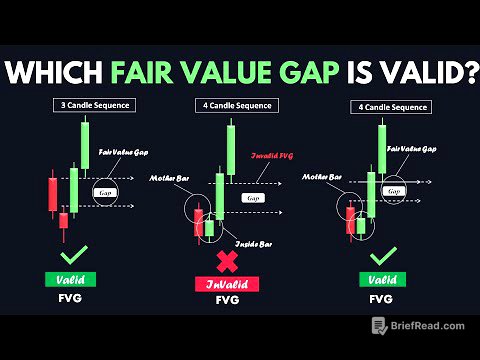TLDR;
Keyu Jin, an economist specializing in China's economy, discusses the misconceptions about China, its economic transformation, and its unique blend of socialism and capitalism. She highlights the decentralized nature of the Chinese economy, the importance of local mayors, and the cultural values that drive competition and innovation. She also touches on the one-child policy, the real estate crisis, and the future of China's economy.
- Decentralized economy with strong local leadership
- Blend of capitalism and socialism
- Cultural emphasis on competition and innovation
- Impact of the one-child policy
- Real estate crisis and its effects on the economy
Introduction [0:00]
Keyu Jin, an economist at the London School of Economics, specializes in China's economy, international macroeconomics, global trade imbalances, and financial policy. She is the author of "The New China Playbook: Beyond Socialism and Capitalism," which details China's economic transformation since 1978 and dispels misconceptions about China's economy.
Misconceptions about China [0:47]
The biggest misconception about China's economy is the belief that it is centrally controlled by a small group of people. In reality, it is a complex and decentralized economy, with local mayors playing a significant role in driving reforms and technological innovation. There is also a misunderstanding about the relationship between Chinese people and authority, which is more nuanced than blind submission.
Education in China [5:17]
Competition is fierce in China, especially in education, driven by economic and social circumstances. The education system has historically been meritocratic, but this is eroding as connections become more important for job opportunities. While competition can drive ambition and hard work, it can also limit creative freedom and critical thinking.
Economic reforms of Deng Xiaoping [14:34]
Deng Xiaoping's open up and reform mandate in the late 1970s was a transformative moment for China's economy. It involved breaking tradition and focusing on economic development, with local governments incentivized to drive growth. Key reforms included the establishment of special economic zones and agricultural reforms, culminating in China's accession to the WTO in 2001.
Mayor economy and GDP growth race [19:53]
China's political centralization and economic decentralization create a unique system where local mayors compete on GDP growth. This competition has fueled rapid economic expansion, initially through industrialization and exports, and later through real estate development. The challenge now is to shift the focus to consumption and create a more balanced economy.
Growing up in China [33:40]
Growing up in China during a time of poverty fostered a strong sense of community and a common goal of improving life. While material goods were scarce, people had a sense of purpose and strong family bonds. This contrasts with the more individualistic and competitive nature of modern Chinese society.
First time in the US [39:18]
The first time in the US was eye-opening, revealing a different understanding of China and its place in the world. While the US was welcoming to international students, there was a simplistic view of China focused on Taiwan, Tibet, and Tiananmen Square. This experience motivated a desire to dispel myths about China and bridge the gap in understanding.
China's government vs business sector [43:32]
The relationship between the Chinese government and the private sector is complex. Local governments often support promising private companies to boost GDP and create jobs. However, companies can face excessive freedom or be reined in, reflecting a transition from limited rule of law to a more regulated market.
Communism and capitalism [47:06]
China has been able to shape a unique model that balances between government industry, between state coordination and market mechanisms, and between individualism and communalism. It's not necessarily black and white. You can have all these things at the same time.
Jack Ma [50:45]
Jack Ma's situation reflects the dynamic between capital and politics in China, where political power must ultimately oversee capital. While his success was celebrated, his influence was perceived as a threat. The signal to entrepreneurs is not to avoid entrepreneurship, but to avoid being too colorful and stay out of politics.
China's view on innovation and copying ideas [56:58]
China's approach to innovation differs from the West, focusing on solutions and problem-solving rather than zero-to-one breakthroughs. While the US leads in disruptive technologies, China excels in production, commercialization, and diffusion. Copying technology is more accepted in China, but this is expected to change as the country develops stricter IP protection.
DeepSeek moment [1:03:35]
The DeepSeek moment represents China's potential in AI, driven by crisis innovation and a focus on scale and cost-cutting. US export controls have inadvertently spurred domestic capacity and catch-up in key technologies. The competition between the US and China is complex, with different choke points and a need for a new playbook beyond traditional dominance.
CHIPS Act [1:07:29]
The CHIPS Act and export controls have had unintended consequences, speeding up domestic capacity in China. This has motivated a whole-of-nation program to pursue technology, similar to the approach to Olympic gold medals. History shows that forcing nations into a corner often leads to increased motivation and innovation.
Tariffs and Trade [1:09:16]
Trump's tariffs have been bad for both the US and China, as well as the world. China's core principles in trade negotiations are equivalence, reciprocity, and realism. While there is room to negotiate on services and transparency, political issues like Hong Kong and Taiwan are off the table.
Immigration [1:21:41]
Immigration is a complex issue with both economic and social considerations. While it can boost the economy and keep prices down, it can also threaten jobs and social harmony. The US needs to balance the benefits of skilled immigration with the needs of its own citizens.
Taiwan [1:26:28]
Taiwan is important to the Chinese economy and the global economy, especially due to TSMC. The Chinese young generation would one day like to see unification. Strategic ambiguity and patience are the best strategies for China, as military action would be detrimental.
One-child policy [1:32:14]
The one-child policy has had radical and unintended consequences on Chinese society. On the good side, it's actually a golden age for Chinese women because the Chinese girls never had as much education investment apportioned to them as they've had after being the only child in the family. On the economic side, it's been one of the very important causes of high saving rate.
China's economy collapse predictions [1:40:11]
China's economy is unlikely to collapse, but it faces challenges such as a real estate crisis and declining consumer confidence. The fundamentals are still there, including skills, human capital, and macroeconomic stability. The real estate crisis has impacted the fiscal and financial systems, as well as consumer wealth.
Advice for visiting China [1:44:54]
To experience China, visit beyond the major cities like Beijing and Shanghai. The second and third tier cities are flourishing and offer economic opportunities. The new generation cares about fun, entertainment, and localism.
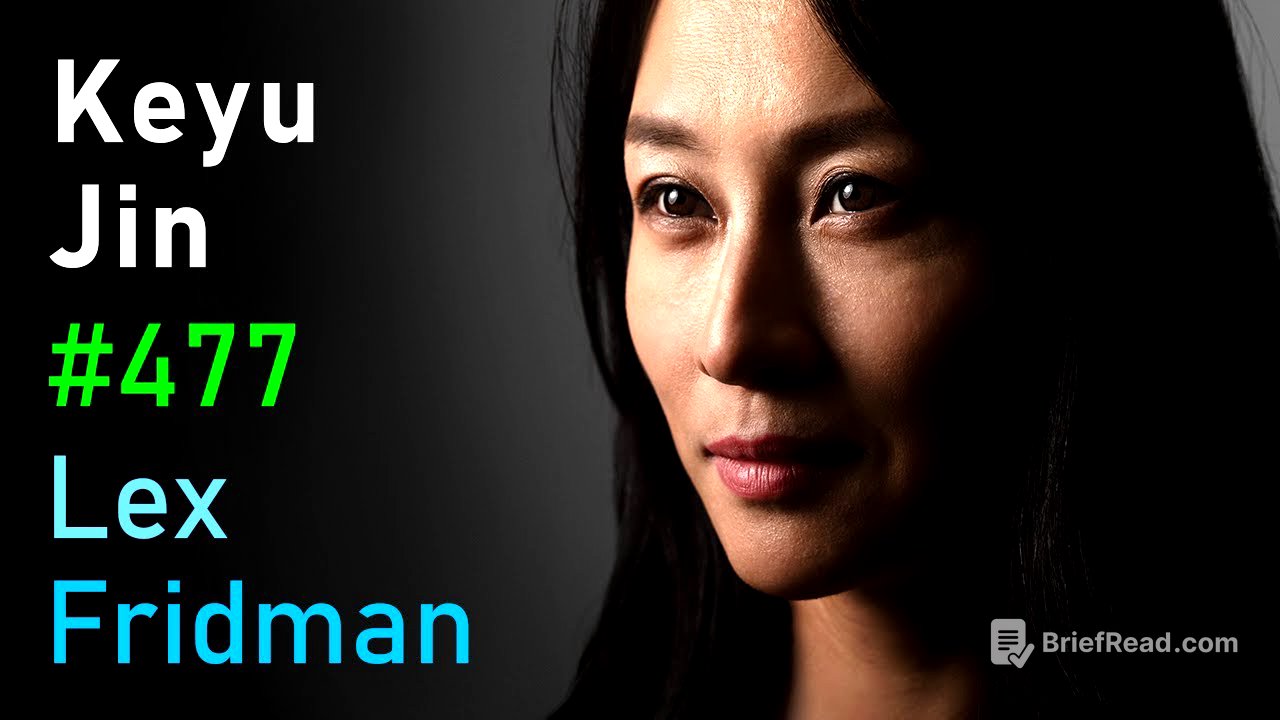
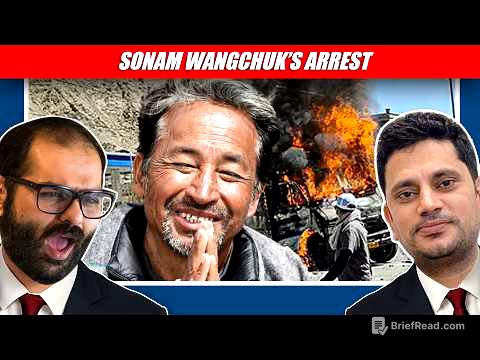



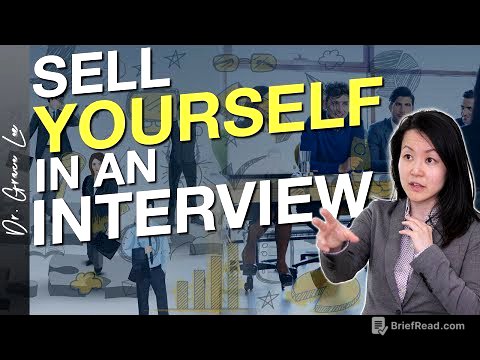
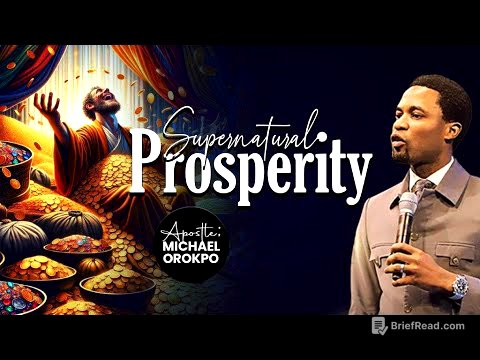

![[#벌거벗은세계사] 세계 경제를 흔든 미국의 고관세 정책💵 트럼프가 고관세에 집착하는 이유 '매킨리 관세법'은 무엇인가❓](https://wm-img.halpindev.com/p-briefread_c-10_b-10/urlb/aHR0cDovL2ltZy55b3V0dWJlLmNvbS92aS90NVh5TUJhQ0pfYy9ocWRlZmF1bHQuanBn.jpg)
